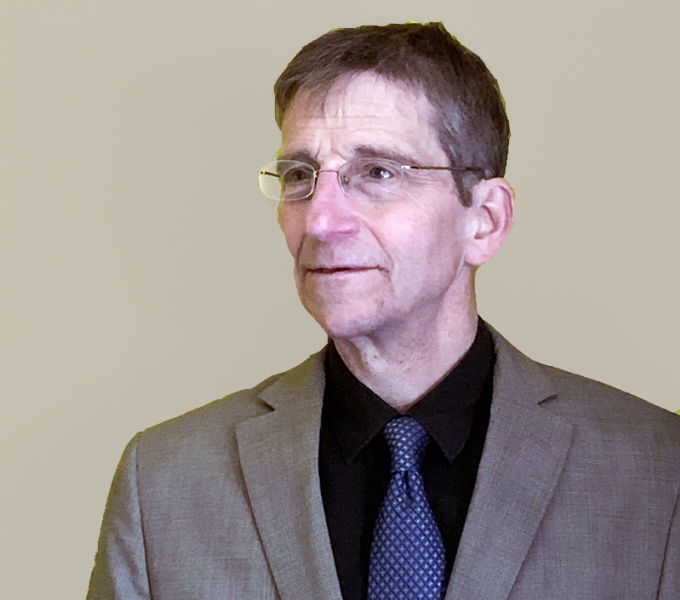David J. Herring is excited to rejoin the faculty after having served as a Pitt Law faculty member from 1990 – 2013. He first joined the faculty as the founding director of the School’s clinical legal education program and went on to serve as Associate Dean for Academic Affairs and then as Dean from 1998 to 2005. He has taught Constitutional Law, Legal Process, Civil Procedure, Lawyering, Antitrust, and the Child Welfare Law Clinic course, and is a recipient of the Chancellor’s Distinguished Teaching Award. Herring served as Dean and Professor of Law at the University of New Mexico School of Law from 2013 to 2015. Most recently, he owned and served as President and CEO of DB & S Steel, a specialty steel manufacturing company in Beaver Falls, Pennsylvania.
As Clinic Director, Herring initiated the school’s live-client, in-house clinic programs, which included the Child Welfare Law Clinic, the Community Economic Development Clinic, the Elder Law Clinic, the Environmental Law Clinic, the Family Law Clinic, the Health Law Clinic, the Immigration Law Clinic, the Securities Arbitration Clinic, and the Low Income Taxpayer Clinic. Herring and the school’s clinic students were instrumental in starting the Allegheny County Court Appointed Special Advocates (CASA) program, which trains lay volunteers to represent the interests of children in child welfare court proceedings. He received CASA’s first Children’s Voice Award for Excellence in Child Advocacy. Herring served as a board member for the legal services organization (KidsVoice) that provides legal representation for all dependent children in Allegheny County, Pennsylvania, and played an instrumental role in the development of KidsVoice’s nationally recognized law/social work team model of representation for children.
Herring has written extensively on child welfare law issues and assessing student learning in legal education. His most recent work in child welfare focuses on behavioral biology research and its implications for children placed in foster care; his previous work focused on the political functions of the family in American society. Herring’s research on legal education has included a series of empirical studies of student learning gains in the areas of legal reading and cross-case reasoning, for which he developed and administered pre- and post-tests to measure gains.
- JD, University of Michigan Law School
- BBA, University of Michigan
